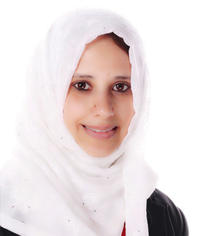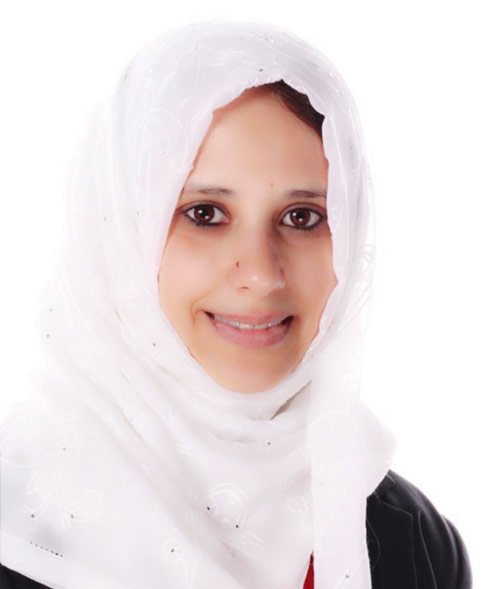"At the moment, many women who have carved a name for themselves have done so through significant and persistent struggles" - An interview with Mirvat Alasnag
On this special day when women are in the spotlight, Mirvat Alasnag shares her thoughts about the place of women, both as interventional cardiologists and as patients. #IWD2023 #EmbraceEquity
What exactly does this women’s day mean to you personally and professionally?
To me, women’s day is a celebration of economic, cultural and scientific achievements of women from all around the world throughout history. The day signifies milestones achieved in recent years and serves as a call to action to identify goals and to accelerate gender parity in all fields, in particular medicine.
Personally, my parents have always encouraged me and my sister to be independent women who contribute to our community. They invested in our education and growth. On this day, I hope they see the return on that “investment”. Receiving the American College of Cardiology’s Distinguished International Service Award this year has certainly made them proud & that means the world to me because this award is as much theirs as it is mine.

Mirvat Alasnag
What do you think are the role and place of women in interventional cardiology today?
In interventional cardiology, there has been tremendous progress in recent years. Leaders such as Roxana Mehran, Alaide Chieffo, Alexandra Lansky and Marie Claude Maurice have certainly broken the ceiling and paved the way for the rest of us. These women have served as principal investigators, journal editors, operators & educators in the most exceptional way.
It is an exciting time because as a new era is ushered in, women such as myself are now involved in shaping the field through research, writing committees and conferences. We are no longer “outsiders” and followers.
Would you say that the situation of women has changed in recent years? What is the current situation in your profession? And in terms of health?
Women are now integral participants in the field. Many of us have identified areas requiring more research or in fact, generated such research. For example, WIN-TAVI registry reported outcomes in women undergoing transcatheter aortic valve replacement in Europe & the USA. Similarly, the Gulf TAVR registry shed light on outcomes in women undergoing TAVR on the Gulf and noted differences compared with Caucasian women.
It is also refreshing to see women in the role of live operators and serving on advisory boards for industry. They are now training program directors and Catheterization laboratory directors. These are key positions where women leaders can have tremendous impact on new generations and the field itself.
How would you like things to develop? What do you think could be improved? Which achievements would you wish to reach in the next year?
Although much progress has been registered so far, there’s more to be done. I believe it is critical that we dissolve borders and learn from other healthcare systems & colleagues to improve our own care plans.
In addition, inclusion cannot be a “buzz word”. It is a process by which we diversify faculty, authors & committees to ensure equality. We still see tokenism & that ought to be resisted because it dismisses the hard work that women put in to earn their titles.
Finally, we need clear pathways for growth. At the moment, many women who have carved a name for themselves have done so through significant and persistent struggles. A more streamlined mentorship, sponsorship and promotion path is necessary. I’m optimistic and I believe these targets are achievable because the conversations have now started & the will is fired up. We have societies and working groups like WomenAsOne, ACCWIC, WIN-APSIC and Gulf-WIN that are designed to address disparities and provide the necessary mentorship, research and education the field desperately needs.




